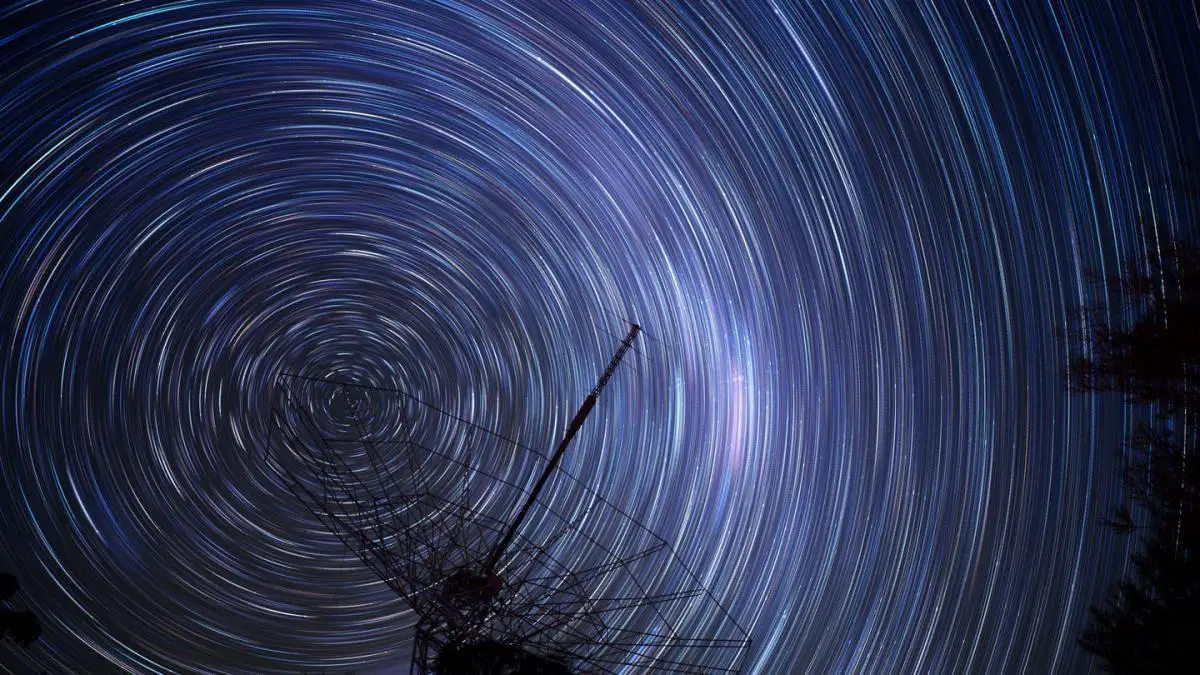-
In May of 2023, as part of a science-art project, the European Space Agency’s ExoMars Trace Gas Orbiter sent a signal to Earth as a simulated “alien message.”
-
Although citizen scientists retrieved the signal from the raw data in only 10 days, it took longer than a year to actually decode the message.
-
The father-daughter team of Ken and Keli Chaffin successfully decoded the message in July of 2024 by running simulations of the signal for days, according the ESA.
In a universe filled with hundreds of billions of galaxies that are in turn filled with hundreds of billions of stars, the chances of humanity being the only intelligent life among all of those billions is small, bordering on impossible. But if some far-flung civilization took notice of our small, blue marble and sent us a message, would we even recognize it?
That’s the question posted by “A Sign in Space.” It’s an interdisciplinary art project designed by contemporary dancer-turned-media artist Daniela de Paulis, who worked with SETI, the Green Back Observatory, and the European Space Agency (ESA) to simulate an alien message. The cosmic source of this message—first transmitted to Earth back in May of 2023—was ESA’s ExoMars Trace Gas Orbiter. De Paulis crafted the message along with astronomers, a computer scientist, a poet, and more.
According to the ESA, it took citizen scientists only 10 days to extract the signal from the raw data, but figuring out its meaning was the hard part. Last week, the project announced that the signal was finally decoded back in July of 2024 by Ken and Keli Chaffin, a father-daughter team who ran simulations on the signal “for hours and days on end,” according to the ESA press release. The duo eventually discerned that hints of biological information could be found throughout the message, and eventually discerned that the signal contained the structures of five amino acids, which are the building blocks of proteins (a.k.a. the foundations of life).
“Now that the cryptic signal has been deciphered, the quest for meaning begins,” the ESA press release said, as a group of dedicated citizen scientists are analyzing the message on the project’s Discord server. “The interpretation of the message, like any art piece, remains open.”
It’s impossible to know what form an alien message might take, which is why these messages are often staples of “first contact” sci-fi films. Famously, in the 1997 film Contact, aliens send our own radio signals back to Earth. And humans, for our part, have tried the “throw everything at the wall and see what sticks” approach. The Voyager Golden Record, for example, contains images, music, drawings, and mathematics in an attempt to communicate with an alien species that might cross its path. SETI only passively listens for signals from possible alien sources and doesn’t send them, but as Contact shows, we’ve been sending out lots of signals for nearly a century now.
If SETI or some other institution were to receive a signal pointing to some kind of alien intelligence, it’d first be independently confirmed by another observatory. Then, the discovering government would inform the United Nations and, subsequently, the general public. This alien message dress rehearsal shows that we’d likely be capable of deciphering some kind of alien message. But whether human culture would be prepared to share the universe with other forms of intelligent life? Well, that remains to be seen.
You Might Also Like


Leave a Comment